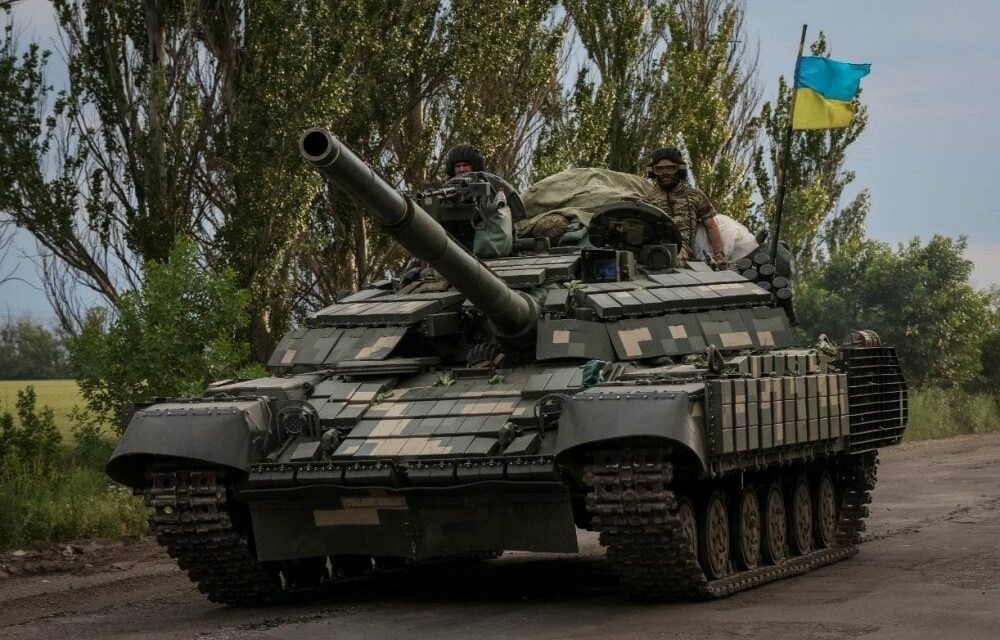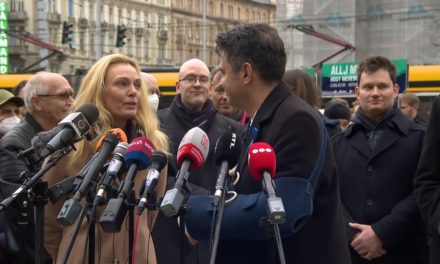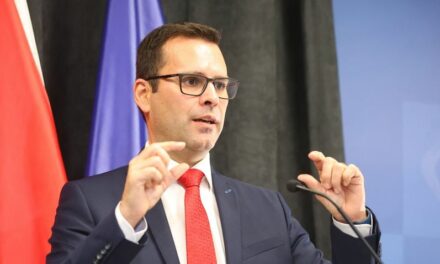Ideas about victory or acceptable defeat change just as the reality of the balance of power on the battlefield dictates, writes foreign policy analyst Alexander E. Gale in the National Interest.
Decision-makers in Kiev and Moscow are reassessing again and again what parameters determine an acceptable victory or defeat according to the often unexpected development of events in Ukraine.
When Russia launched its "special military operation" in February, Kiev's outlook was bleak. At the time, the CIA believed that Russian forces would quickly cut through the Ukrainian defenses and capture Kiev within weeks. General Mark Milley, chairman of the Joint Chiefs of Staff, saw the situation similarly, predicting that the Ukrainian government would not be able to hold out for more than seventy-two hours.
In the first months of the war, Ukraine shared a similar outlook. Kiev's main goal was to ensure the survival of a viable Ukrainian state, likely to rule over a significantly smaller territory.
Due to the high probability of defeat, Ukrainian diplomats even agreed with the West to set up a government-in-exile, which would move to another European capital, while the remnants of the Ukrainian army switch to asymmetric warfare against the invading Russian forces.
Despite the odds at the time, Ukraine partially successfully resisted the invasion, and by the end of the summer was in a strong enough position to launch a counterattack and force Russia to cede territory it had captured only a few months earlier. In early November, senior Russian military officials were forced to admit their untenable situation in Kherson and announced the withdrawal of their troops across the Dnieper River to establish new defense lines before the onset of winter.
The successes achieved on the battlefield emboldened Kiev, and since a complete military victory seemed possible, it set itself the goal of completely expelling Russia from the territories it had occupied since February. Some Ukrainian officials have even talked about getting back Crimea, which was annexed in 2014.
In September, Ukrainian Defense Minister Oleksiy Reznykov emphasized that Ukraine is striving to regain the lost territories without compromise. At the 17th Yalta European Strategy (YES) annual meeting, he said:
"We can only talk about the complete restoration of Ukraine's territorial integrity and sovereignty within its internationally recognized borders from 1991. This means that both Crimea and Donbass belong to Ukraine."
Andriy Yermak, head of Volodymyr Zelenskyi's administration, made a similar statement:
"There will be peace when we destroy the Russian army in Ukraine and restore the 1991 borders."
Comparing it to the Nuremberg trials, Reznikov also claimed that high-ranking Russian officials should be held accountable for war crimes committed during the conflict.
"In essence, this will be the Nuremberg trials, where the criminals who now run the Russian Federation and issue criminal orders will be brought to justice," he said. "Russia must pay, future generations must pay," he added. And Reznikov's World War II analogy was a not-so-subtle reference to the total defeat of the Russian army and the overthrow of Putin's government.
In October, Defense Minister Zelensky echoed his confidence:
"We will definitely liberate Crimea, returning this part of our country not only to the whole of Ukraine, but also to the whole of Europe."
This rhetoric indicates that Kiev has moved toward a more maximalist vision of victory. Still, it remains to be seen whether Ukraine will be able to sustain the counterattack, especially as winter approaches. So far, however, the adoption of more ambitious strategic objectives has been justified by operational successes. Conversely, failures on the battlefield and the poor performance of the Russian military forced Moscow to scale back its ambitions.
At the beginning of the war, it was clear that Putin expected a complete victory. Russia's original plan was to quickly capture Kiev and decapitate the Ukrainian government, and resistance was expected to be minimal. Then, after Kiev fell into Russian hands and the Zelensky government was imprisoned, killed or exiled, the Kremlin would have been able to establish a puppet government loyal to Moscow. A complete victory would have meant embedding Ukraine in the Russian sphere of influence, and the new regime in Kyiv would have resembled the Belarusian government loyal to Putin.
For now, however, that idea seems to be a thing of the past. A failed attempt to capture Antonov Airport and a bottleneck in the flow of troops to Kiev ultimately resulted in Russia's failure to take the Ukrainian capital.
Russian officials explained the failure to the public by saying that the "first phase" of Russia's military plans had been completed. A positive message had to be conveyed to the domestic audience that the operations were successful. Behind closed doors, however, it is unlikely that Putin or his officers thought the same. The realities on the ground necessitated a change of strategy, so the Kremlin turned its attention to Eastern and Southern Ukraine. Putin is now aiming for a more limited victory in this narrower geographic space.
At the same time, it is not clear to what extent Moscow has given up on the conditions necessary for victory.
According to Putin's theory, the full mobilization of Russian forces could reverse their previous failures. In October, Russian Defense Minister Sergei Shoigu announced the partial mobilization of 300,000 troops, but it is doubtful whether Putin would risk the political and economic consequences of an all-out war. But there is also the question of whether the additional number of employees would be sufficient in itself if other problems - management, logistics, etc. – still exist.
It is more likely that Moscow lowered its victory conditions and set more modest goals in eastern and southern Ukraine. In his public speeches, Putin claimed that he wanted to prevent the "tyranny and genocide" perpetrated by Kiev by helping the separatist states in Donetsk and Luhansk. In September, Russia held referendums in the occupied territories and officially annexed Luhansk and Donetsk, as well as the Kherson and Zaporizhia regions. If Moscow is able to consolidate its power in these areas, the Russians may interpret this as a security victory.
For now, however, neither side seems willing to negotiate.
As a general rule, states sit at the negotiating table in two cases: when they can force concessions from their adversary due to military superiority, or when they are threatened in such a way that peace becomes necessary.
In the current situation, Kiev could obtain concessions if negotiations were to take place now. There has been some grumbling from Western allies that Ukraine should push for dialogue while they have the upper hand. However, the Zelenskyi government is adamant: there will be no negotiations until Russian forces are completely withdrawn from Ukraine.
"When you take the initiative on the battlefield, it's a bit strange that you get suggestions that you won't be able to do everything with military means, you have to negotiate"
said Mikhajlo Podolyak, Zelensky's advisor.
In any case, there is little likelihood that Moscow will sit down to the negotiating table any time soon. Although Russia is on the military defensive, its situation is not irreversible, and the Kremlin is not deterred even by heavier losses. Putin needs successes that he can present to the domestic audience as victories. Without it, your position of power may become shaky. It is believed that Moscow will need at least stable control over the annexed territories in eastern and southern Ukraine and Crimea in order to consider negotiations, of course only if, according to Putin, further success is unrealistic.
So there is no ceasefire in sight; fighting will continue until Russia or Ukraine gains a decisive military advantage. Neither party is likely to make compromises at the negotiating table until the balance of power swings spectacularly one way or the other.
The pace of fighting is expected to slow as the temperature drops. This gives both Russian and Ukrainian decision makers time to consider their next steps and assess their goals. Concepts of victory or acceptable defeat will continue to change as the realities of the battlefield dictate.
Featured image: Reuters












